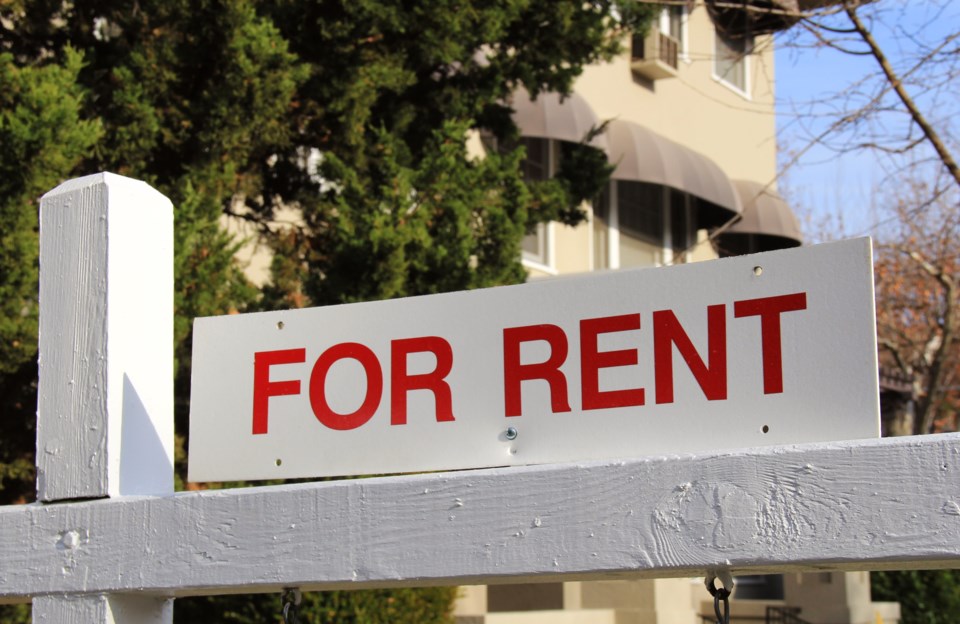Editor's note: This story was originally published by Colorado Newsline. Read the original story here.
When Laura Rodriguez’s lease was up for renewal in the middle of the pandemic, she was informed by her landlord that her rent was increasing by $200 dollars a month.
“We are now paying $1,800 and our landlord already announced that next August 2021 our rents will go up to $2,200 a month,” said Rodriguez, who lives in Aurora with her husband and children.
Across the country, rising rents coupled with stagnant wages have left many renters struggling to meet basic needs. Due to the pandemic-related economic crisis, already severely rent-burdened households — disproportionately represented by Black and Latino people — are having to cut back on food and health care expenses in order to make ends meet and remain in their housing.
“We are forced to choose which bills to pay first, and how often to purchase insulin,” Rodriguez said during a press conference on Wednesday, hosted by a group of housing and public health advocates.
“My husband is a hard worker. He works long hours, six to seven days a week. Yet we continue to struggle to keep a roof over our heads,” she said. “This is physically and emotionally draining, feeling like a failure of not being able to provide for our children as we want.”
Half of low-income renters surveyed saw rent increase
Colorado ranks No. 9 in the country for having the largest gap between renter’s income and housing cost, according to a national study published in July by the National Low Income Housing Coalition.
On Wednesday, a group of housing advocacy organizations released a survey that showed that half of the low-income renters they spoke to in the Denver metro area had experienced a rent increase over the last year. On average, landlords had raised rents by $113 a month. Some families had reported increases of up to $450 a month, according to the survey. The main recommendation proposed in the report was to repeal Colorado’s ban on rental stabilization policies.
The report was authored by Human Impact Partners, a national nonprofit focused on public health and equity, in partnership with local nonprofits United for a New Economy and 9to5 Colorado. The survey included responses from 212 low- and moderate-income renters in Westminster, Commerce City and Aurora.
The survey showed how cost burdens are not evenly distributed among all renters. Historic and ongoing housing discrimination and persistent income inequities mean that Black and Latinx households are more likely to rent their homes and to spend a larger portion of their incomes on housing costs.
In Colorado, 45% of white renter households are rent burdened, compared with 56% of Black households and 59% of Latinx households, according to the report.
“This is an urgent national issue,” said Lili Farhang, the co-director of Human Impact Partners, during Wednesday’s virtual press conference. “It’s been urgent for a very long time and the coronavirus pandemic has really, really showed the need for greater housing protections for people all over the country, particularly in more expensive rental markets like you can see in Colorado.”
Ban on rent control policies
Colorado prohibits any local jurisdiction from enacting policies that limit how much landlords can increase rental prices. The statewide ban on rent control policies was established in 1981. Other cities across the country with tight rental markets, such as New York City, Los Angeles, and Washington D.C., have used these policies to try to safeguard affordable housing units as the population swells.
Last year, Colorado Democratic state lawmakers put forth a bill that would have repealed Colorado’s ban on rental control policies, which would have enabled local governments to establish their own measures. The legislation, which was opposed by landlord groups, ultimately failed, but bill sponsors vowed to take up the effort again in the future.
Opponents of rent stabilization measures have said that the policies could disincentivize new developments and bump up housing costs in the long run. A survey of 500 Coloradans conducted in April 2019 by the Colorado Apartment Association, a trade organization that represents landlords, found only 19% of people supported such policies.
“Coloradans prefer policies that increase the supply of available housing, rather than implementing a policy that exacerbates an already-challenging problem,” said then-president Mark Windhager, in a press release announcing the results of the poll.
Cost of housing ‘a big challenge’
Thomas Davidson, Summit County commissioner, said during the press conference on Wednesday that repealing the ban on rent stabilization policies would help local governments come up with solutions that work for their own communities.
“Summit County for decades has faced big challenges with regards to the cost of living, particularly the cost of housing, and we have proactively, both as a county and the towns within our county, worked for many years to improve this situation,” Davidson said.
“We very clearly now need additional tools in our toolbox in order to provide for our local working families,” he said. “Rent stabilization is certainly one of those tools that we very much need now more so than ever.”
Colorado Newsline is part of States Newsroom, a network of news outlets supported by grants and a coalition of donors as a 501c(3) public charity. Colorado Newsline maintains editorial independence. Contact Editor Quentin Young for questions: [email protected]. Follow Colorado Newsline on Facebook and Twitter.



